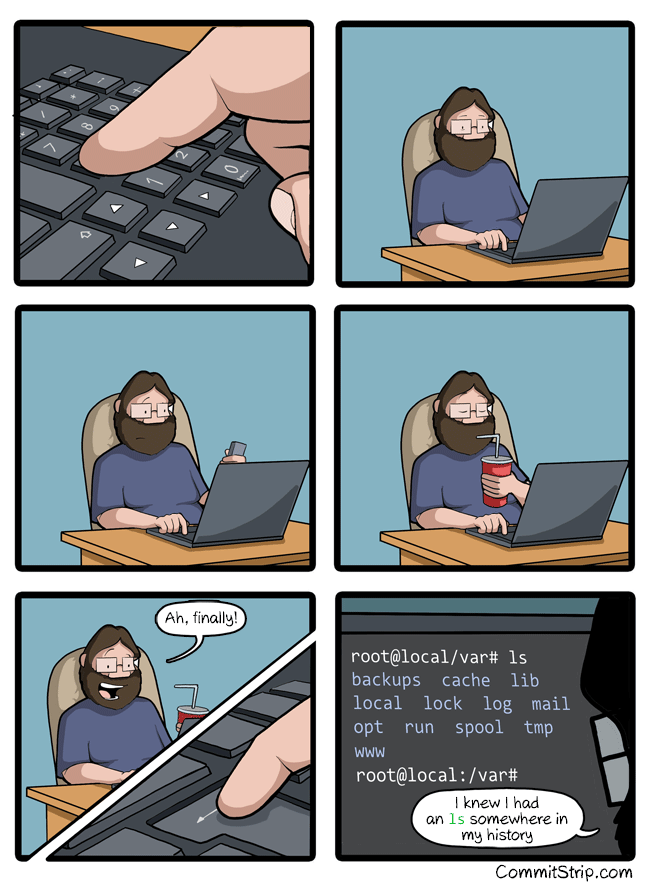I have a preference towards keyboard shortcuts, but I dont think I’m in any way anti-mouse, I’m just very pro-keyboard. If there is a quick easy keyboard shortcut, I’ll almost always use it.
Honestly, back in the windows 8 days, I never understood the backlash about the start screen/menu. My workflow was “hit windows key, type name of app. hit enter” and that workflow didnt change with the full screen mobile centric menu, so it never felt problematic to me. Plenty of other problematic things about microsoft and windows, but “But the start menu is full screen!” wasnt one of them for me.












In my day, the start button hasn’t been invented yet, so Ctrl esc didn’t help much. But by the time windows 8 came around, I was using that specific shortcut. I use alt+space now to invoke my launcher, because in i3wm/swaywn using super for shortcuts meant that using super for the launcher felt a bit conflicting